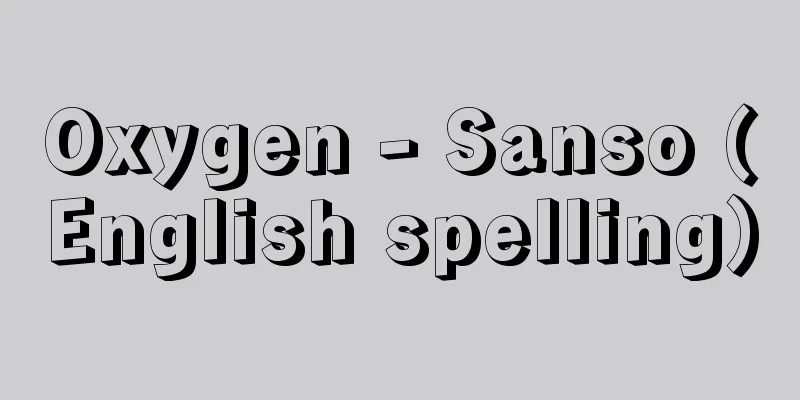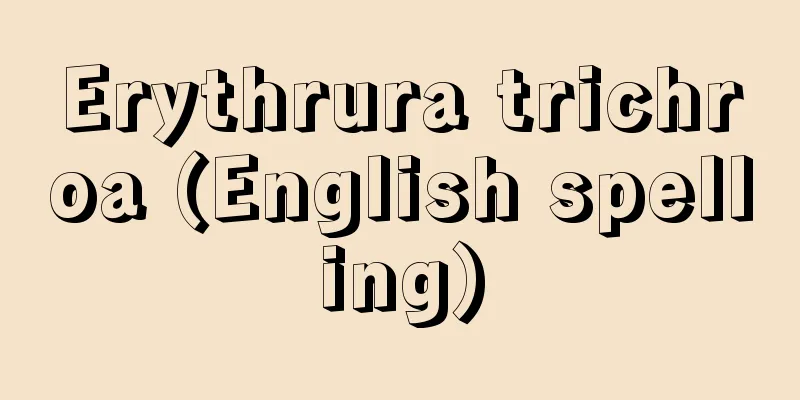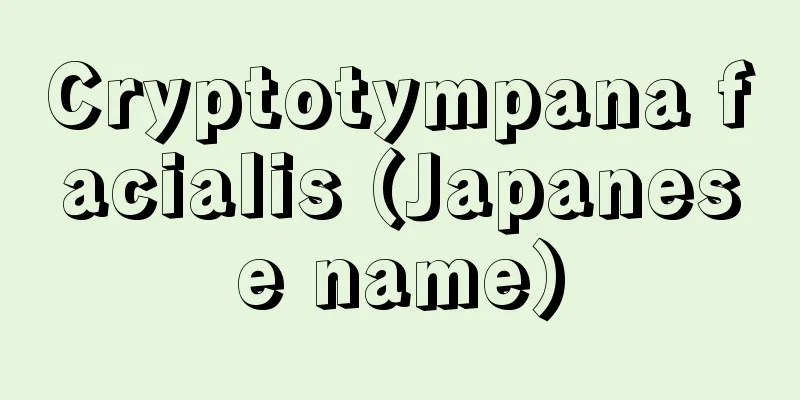Disposal power principle

|
This principle allows the parties to have the initiative in starting a lawsuit, identifying the subject of the trial, and ending the lawsuit, and leaves it to their discretion. It is also called the principle of the parties' right to dispose. In civil lawsuits, this principle is the basis of the principle of private autonomy, and it is said that a trial cannot be held without a lawsuit, and that a lawsuit ends when the lawsuit is withdrawn, and that a trial can only be held within the scope of the matters claimed by the parties. In criminal lawsuits, a trial cannot begin without the filing of charges (impeachment principle), and it is clear that the principle of disposition is recognized for prosecutors through the principle of prosecution convenience (a principle that allows the prosecutor to suspend prosecution at their discretion. Article 248 of the Code of Criminal Procedure), the system of dismissal of charges (Article 257 of the Code of Criminal Procedure), and the system of charges (Article 256, paragraph 3 of the Code of Criminal Procedure). In contrast, a typical example of the defendant's right to dispose of the subject matter of a lawsuit is the arrangement system in American law, in which if the defendant pleads guilty, the guilt determination procedure is omitted and the sentencing procedure begins immediately. Since the Japanese Code of Criminal Procedure explicitly provides that a person cannot be found guilty even if he or she admits guilt (Article 319, Paragraphs 2 and 3), it is also clear that the alignment system is not legally valid. There are pros and cons regarding the adoption of the alignment system as a legislative theory. In principle, criminal proceedings are based on official authority, but there are many situations where the principle of the parties' discretion is recognized. For example, summary trial procedures (Article 291-2 of the same law) are a system in which a summary trial is held if the defendant declares guilty in the opening proceedings, but this is premised on the defendant choosing a summary and speedy case resolution and taking a dispositional action to abandon a formal trial. In addition, summary trial procedures (Article 350-2, paragraph 1 of the same law) also require the suspect's consent to be confirmed before the indictment is brought, but this also assumes the suspect's dispositional action to choose a summary and speedy trial and abandon a formal trial. Furthermore, summary procedures (Article 461 of the same law) require the prosecutor to confirm the suspect's objection when requesting a summary order, and the expression of no objection in this case can also be considered a dispositional action to abandon the trial procedure. In addition, the system of consent to evidence (Article 326 of the same law) can be said to recognize the parties' discretionary power regarding the admissibility of evidence. [Moriichi Taguchi] [Reference] | | | |Source: Shogakukan Encyclopedia Nipponica About Encyclopedia Nipponica Information | Legend |
|
訴訟の開始、審判の対象の特定、訴訟の終了等につき当事者の主導権を認めてその処分にゆだねる主義。当事者処分権主義ともいう。民事訴訟では、私的自治の原則からこの主義がたてまえとされ、訴えがなければ裁判をすることができず、訴えの取下げがあると訴訟は終了し、当事者が申し立てた事項の範囲内でのみ裁判をすることができるとされる。刑事訴訟でも、公訴の提起がなければ裁判は始まらないし(弾劾主義)、検察官については、起訴便宜主義(検察官の裁量による起訴猶予を認める原則。刑事訴訟法248条)、公訴取消し制度(同法257条)そして訴因制度(同法256条3項)により処分権主義が認められていることは明らかである。これに対して、被告人の処分権について、訴訟物の処分権を認める典型例は、アメリカ法のアレインメント制度arraignmentであり、被告人が有罪の答弁plea of guiltyをすると、罪責認定手続が省略されて、ただちに量刑手続が開始される。日本の刑事訴訟法は、明文で、有罪の自認があっても有罪とはされないと規定したので(同法319条2項・3項)、法律上アレインメント制度が否定されていることもまた明らかである。立法論としてのアレインメント制度の採否については、賛否両論がある。 刑事訴訟における訴訟手続に関しては職権主義によることが原則であるが、当事者の処分権主義が認められる場面も多い。たとえば、簡易公判手続(同法291条の2)は、被告人が冒頭手続において有罪である旨の陳述をした場合に、簡易な公判を行う制度であるが、被告人が簡易迅速な事件処理を選択して、正式裁判を放棄する処分行為を行ったことを前提としている。また、即決裁判手続(同法350条の2第1項)も、公訴提起前に被疑者の同意を確認することとなっているが、これも簡易迅速な公判を選択して正式公判を放棄する被疑者の処分行為を前提とし、さらに、略式手続(同法461条)は検察官が略式命令を請求するに際して、被疑者の異議の有無を確かめることとなっており、この場合の異議なしの意思表示も公判手続を放棄する処分行為とみることができる。また、証拠への同意制度(同法326条)も、証拠能力に対する当事者の処分権を認めたものといえよう。 [田口守一] [参照項目] | | | |出典 小学館 日本大百科全書(ニッポニカ)日本大百科全書(ニッポニカ)について 情報 | 凡例 |
>>: Sopron - Sopron (English spelling) Sopron
Recommend
Miirotateha (three-colored moth) - Miirotateha
A general term for insects of the Agrias genus in ...
Boilly, LL (English spelling) BoillyLL
…In Spain at the same time, Goya appeared, who pr...
Swiss Air Transport Co. Ltd.
Swiss airline based in Zurich. Its airline code is...
Heguri Clan
An ancient imperial clan descended from Emperor K...
Cape Notsuke
A sand spit that juts out into the Nemuro Strait ...
Intracellular digestion
…Then hydrolysis by digestive enzymes occurs (che...
Prediction theory
In the past, attempts were made to predict the fut...
Takamori [town] - Takamori
A town in Aso County in northeastern Kumamoto Pref...
capitania
…The first islands in the Atlantic were discovere...
Impermanence - Mujou
A Buddhist term. In Sanskrit it is called anitya,...
Chronometer - Kuronomēta (English spelling) chronometer
Generally speaking, it refers to a highly accurat...
Leibowitz
Polish-born French music theorist, educator, condu...
Mikawa
One of the 15 provinces along the Tokaido. It beca...
Prebisch Report
A report entitled "In Search of New Trade Pol...
Newport (English spelling)
An industrial and port city in southeast Wales, Un...









